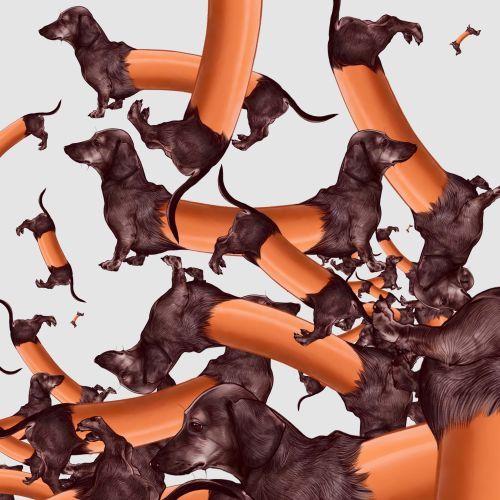Diet and the health of infants and their artistic tastes
A study at Orange County Children’s Hospital and Australia’s Monash University found that little progress has been made over the past 20 years in preventing developmental problems of premature babies. Brain development of a premature infant can be disrupted by environmental factors in the neonatal intensive care unit, including nutrition, pain, stress, and parental behaviour.
Four-month-old babies already show artistic preferences. When they were shown Vincent van Gogh’s landscapes, psychologists at the University of Surrey found that children and adults chose the same artwork, with Green Corn Stalks being the most popular. Babies were especially fond of leaves, branches and curved lines. The researchers were amazed at the scale of infants’ responses to art.
Researchers at Tufts University have discovered a link between a sugar molecule in breastmilk and the development of an infant’s brain. It is a microelement called myoinositol, present in breastmilk in the first months of lactation. Myo-inositol increases the size and number of neural connections in a child’s developing brain. Meanwhile, controlled feeding of peanut foods to infants four to six months old can potentially prevent peanut allergies in children, but many parents do not consider this practice safe. Early exposure to peanuts reduces the risk of infants’ peanut allergy by 81%, especially for infants at high risk of developing allergies.























